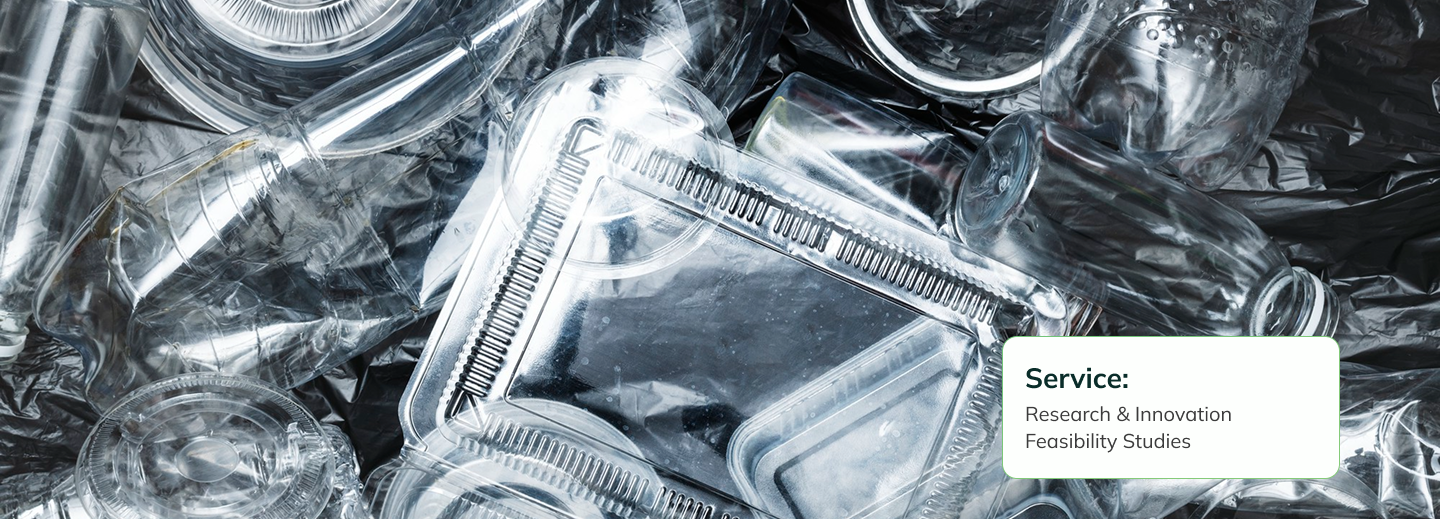The California Resources Recycling and Recovery Agency commissioned a study to determine the fate of per- and polyfluoroalkyl substances (PFAS), or “forever chemicals” in food service products. PFAS can persist in the environment and have serious health risks, making it critical to assess their fate in resource recovery.
California generates approximately seven million tons of organic waste annually, much of which includes food service products advertised as compostable. However, these materials pose challenges for composting facilities due to contamination issues, incomplete degradation, and the presence of PFAS.
Laboratory-scale and commercial pilot-scale experiments were conducted to determine
- Optimal composting conditions for degradation of food service products.
- Degradation rates of various food service products
- PFAS contamination by analyzing fluorinated compounds in compostable products and finished compost.
- Remediation strategies, testing nanomaterials for PFAS removal from water as a proxy for compost leachate treatment.
The results showed:
- Increasing moisture content and use of natural waste products as inoculant enhanced degradation.
- Synthetic/starch-blended products had the highest degradation rates, whereas PLA-lined clamshells and plant fiber plates showed minimal breakdown.
- Although PFAS remained within the food service products and did not seem to migrate into the compost further research is needed to validate this assumption and test the leachate.
- Nanomaterial – mesoporous hafnium oxide (MHO) successfully adsorbed long-chain PFAS from water, demonstrating its potential as a remediation tool.
This study contributes to environmental policy, compliance and innovation in the following ways:
Environmental Compliance:
- Promoting cost-effective PFAS detection methods to help composting facilities comply with emerging PFAS regulations.
- Supports waste diversion goals by identifying conditions that improve composting efficiency
- Advances understanding of how PFAS contamination in compostable materials can be managed to protect public health.
Policy Implications:
- Informs regulatory agencies and policymakers on the need for clearer standards that consider PFAS presence.
- Encourages waste management strategies that align with organic waste diversion mandates.
- Suggests the potential for PFAS-free certification for compostable packaging to ensure safer compost products.
Innovation for Stakeholders:
- Offers composting industry stakeholders practical guidance on improving processing efficiency and product quality
- Demonstrates a new PFAS remediation technology (MHO) that could be scaled for environmental cleanup.
- Benefits municipalities, compost operators, and public health officials by providing data-driven solutions for sustainable waste management.
This study underscores the importance of integrating scientific research, regulatory oversight, and industry innovation to address PFAS contamination and enhance the value of composting as a sustainable waste solution.


